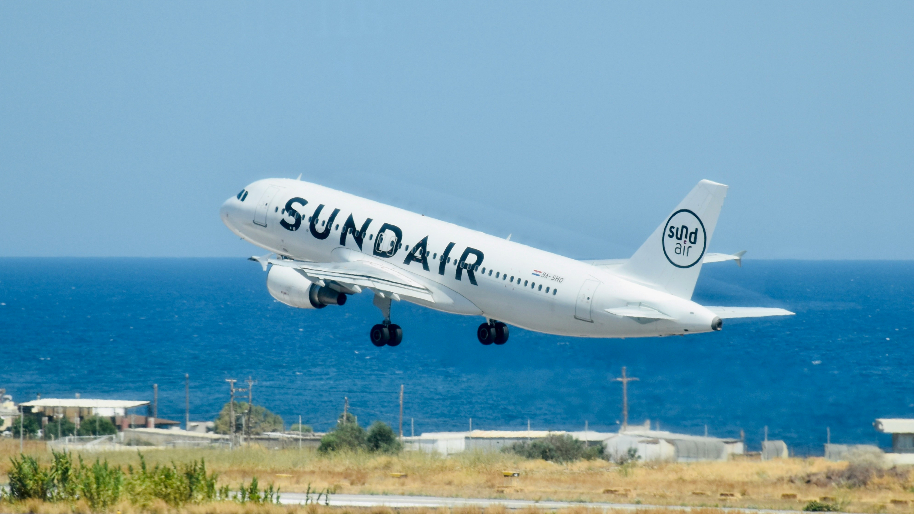Rather than looking for the exits, Airbus is focusing on reducing costs and improving productivity. This strategy is encapsulated in its newly launched "LEAD!" initiative, which aims to tackle rising costs per aircraft and enhance productivity. The plan includes a freeze on overall headcount and a potential reduction in certain positions without conventional redundancies. By implementing these measures, Airbus seeks to ensure its 2024 performance remains on track.
Why Now?
The timing of Airbus's operational cutbacks is closely linked to several challenges the company faces. Supply chain disruptions have caused shortages of critical components like engines and aerostructures, leading to missed delivery targets and increased costs. Additionally, Airbus is preparing for the resurgence of its main rival, Boeing, which is expected to recover from its corporate and industrial difficulties. Airbus's CEO, Christian Scherer, highlighted the urgency of addressing these issues to maintain its market position and capitalize on growing airliner demand. The LEAD! initiative is designed to tackle immediate problems and position Airbus for long-term efficiency and growth.
Adding to the complexity, Airbus recently revised its 20-year jetliner demand forecast. This revision reflects the modernization of long-haul fleets by many airlines and the surging Asian economies, which are increasingly locking into air travel.
What Does It Mean For Boeing?
Airbus's operational hurdles present a strategic opportunity for Boeing to regain market share and strengthen its financial standing. With Airbus grappling with production delays and cost overruns, Boeing has a more straightforward path to bounce back from its recent crises. Boeing's backlog remains robust, and the company is gradually ramping production rates for key models like the 737 MAX and 787 Dreamliner. However, Boeing also faces supply chain challenges, and its ability to fully capitalize on Airbus's stumbles will depend on resolving these issues. Market analysts suggest that if Boeing can stabilize its operations, it could leverage Airbus's current difficulties to enhance its competitive edge and financial performance in the near term.
By navigating these operational cutbacks, Airbus aims to safeguard its market position and address internal inefficiencies. Meanwhile, Boeing's potential recovery hinges on its ability to overcome similar supply chain constraints and capitalize on the opportunities presented by Airbus's current struggles.
Neither Sean Kelland nor Stocks.News has positions in any of these companies.
Did you find this insightful?
Bad
Just Okay
Amazing
Disclaimer: Information provided is for informational purposes only, not investment advice. We do not recommend buying or selling stocks. Stock price discussions are based on publicly available data. Readers should conduct their own research or consult a financial advisor before investing. Owners of this site have current positions in stocks mentioned throughout the site, Please Read Full Disclaimer for details Here https://app.stocks.news/page/disclaimer
